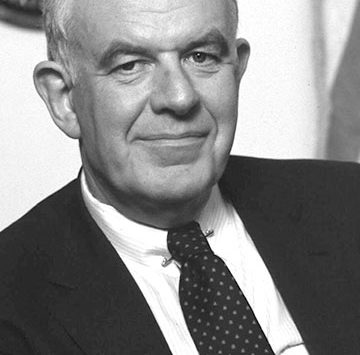When a service member joins the military, it’s not just a job; it’s a family commitment to our country. And yet, we, as a nation, tend to focus almost exclusively on the service members who put themselves in harm’s way, while often forgetting about the family members they leave behind who also make tremendous sacrifices on our behalf. These family members are affected in countless ways, and we have an obligation to do right by them.
The challenges they face are not a mystery. If a spouse rotates to a different military installation, the entire family is uprooted and they have to create a new support structure. Their kids have to start new schools. The families have to identify new caregivers for their children, a new specialist if they have a family member with special needs, and sometimes a new house if they are not living on the base. If the spouse is not in the military, then they also have to find a new job – often with new state credentialing requirements. Given these tough economic times, it is not difficult to imagine just how great this burden is for the families of our troops.
At the start of the last Congress, Rep. Sanford D. Bishop, Jr. (D-GA) and I came together in a bipartisan way to found the Congressional Military Family Caucus because we felt it was important to educate our fellow Members of Congress about the sacrifices our military families make to defend our country. The goal of the Caucus is to bring together Members of Congress, Administration officials, and service members and their families in a common purpose to draw attention to the needs of military families and advocate legislative ideas on their behalf. Over the past two years, we’ve hosted several events to support military families, with a particular focus on mental health, Wounded Warrior support, homeless veterans, health care and education.
This month, we hosted our latest Caucus event, entitled “Ensuring Lifelong Support and Honor through Innovation and Partnership.” It was attended by more than 200 members of America’s military family community; Pentagon leaders such as Mr. Robert Gordon, the Deputy Assistant Secretary of Defense for Military Community and Family Policy; and leaders from military service organizations, including VADM Norbert R. Ryan, Jr., President of the Military Officer Association of America (MOAA). Throughout the day, we held panel discussions, roundtables, and breakout sessions that were insightful and engaging. The comments and ideas that came out of the summit will be extremely useful for developing better policy for military families across the country.
The Military Family Caucus is also working closely with the Obama Administration on how we can better support our military families. As part of that effort, we joined First Lady Michelle Obama and Dr. Jill Biden at the White House for the launch of “Joining Forces.” “Joining Forces” is a national initiative to educate, challenge, and spark action from all sectors of society to meet the needs of the full spectrum of our military families, Active Duty, Guard, and Reserve units, and veterans. Through “Joining Forces” and other initiatives, the Administration shares our commitment to making the Military Family Caucus a big success.
As President Obama said at a recent White House event, “While less than 1 percent of Americans may be fighting our wars, 100 percent of Americans should be supporting our troops and their families.”
I wholeheartedly agree. And as Co-Chair of the Military Family Caucus, I will continue to do everything I can to make sure our troops, veterans and their families have all the support they need and deserve. America is a grateful nation, and as a grateful nation, we can do no less.
Rep. Cathy McMorris Rodgers (R-WA) is Co-Chair of the Congressional Military Family Caucus.




